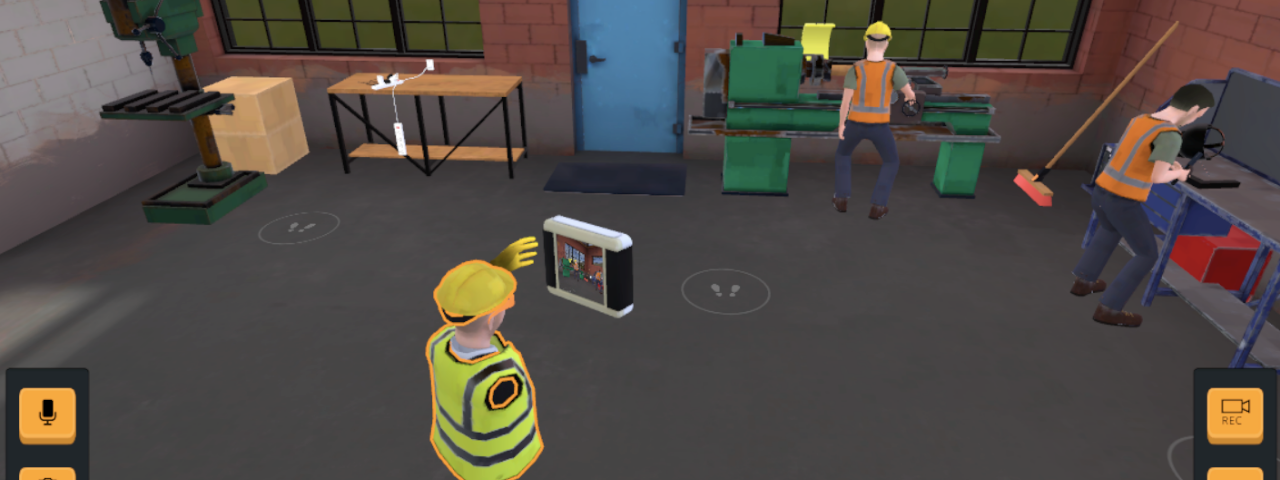James Coddington is disrupting traditional education with technology, to help build a future Auckland, today.
The future of work is here and a big part of it is technology. For Auckland to recover and get back on its feet, we’re going to have to adopt technology much faster than we’ve ever done before. If we do that, we’re going to give ourselves the best chance of not only survival, but we’re actually going to come out of it much stronger.
James is Founder and CEO of Joy Business Academy (JBA). It creates experiential learning scenarios for industry using simulations, virtual reality (VR) and game learning experiences. The data behind game learning outcomes is impressive, delivering close to 98 per cent knowledge retention in much less time than traditional learning.
In July 2019, JBA partnered with the Ministry of Social Development (MSD) to develop and launch the Skills for Industry VR learning experience. A talent attraction tool for job seekers and employers, it is designed to help fill skills shortage gaps in the construction industry, now and in the future.
James says the COVID-19 Alert Level 4 lockdown was a pivotal moment for JBA. Its focus shifted from raising industry awareness to compliance and training aligned with New Zealand Qualifications Authority (NZQA) assessments and qualifications.
“MSD challenged us to come up with a new way to qualify and get construction workers into the industry, in a fraction of the time it usually takes. We’re now creating compliance solutions aligned to NZQA qualifications and industry standards, which save employers days of time lost to training.”
During lockdown, JBA developed three health and safety compliance solutions, which will see people gain a qualification in half an hour, rather than taking an entire day. However, James explains that Auckland’s construction industry is excited about VR training solutions for reasons beyond time efficiencies.
“The industry absolutely loves VR training because one of the challenges we face here in Auckland, is not only how we get people into the construction industry in a time effective manner, but how we do it in a way that relates to people with different learning styles, literacy and numeracy skills, and those who speak English as a second language. All of these challenges are dealt with through VR.”
For Auckland and wider New Zealand to recover well from COVID-19, James says the nation needs to be more effective in its training.
“When we come out of this, we're going to have to re-skill, redeploy, retrain, and upskill people, with a lot of them having never been unemployed before. So, we’ve started to think about our virtual reality work as a tool that is going to help get New Zealand back on its feet.”
James believes that COVID-19 has helped raise industry and government awareness of new ways of training and working.
“Pre-COVID, JBA had a very clear, articulated vision of what it was trying to achieve and one of our greatest challenges around that was awareness. How can we create awareness for industry and government that there was a new way of learning? COVID helped us massively in that space.”
With increased awareness about new ways of learning and working, James believes Auckland is fast becoming future ready and he is excited about the impact JBA’s work can have in helping the region recover from COVID-19.
“It's hard not to get excited about what we're doing because we are helping and assisting Auckland to get back on its feet by creating new ways for people to train, become qualified, and get back into work, in a fraction of the time it traditionally takes. If that doesn't get us excited about coming to work or what we do, nothing will.”
